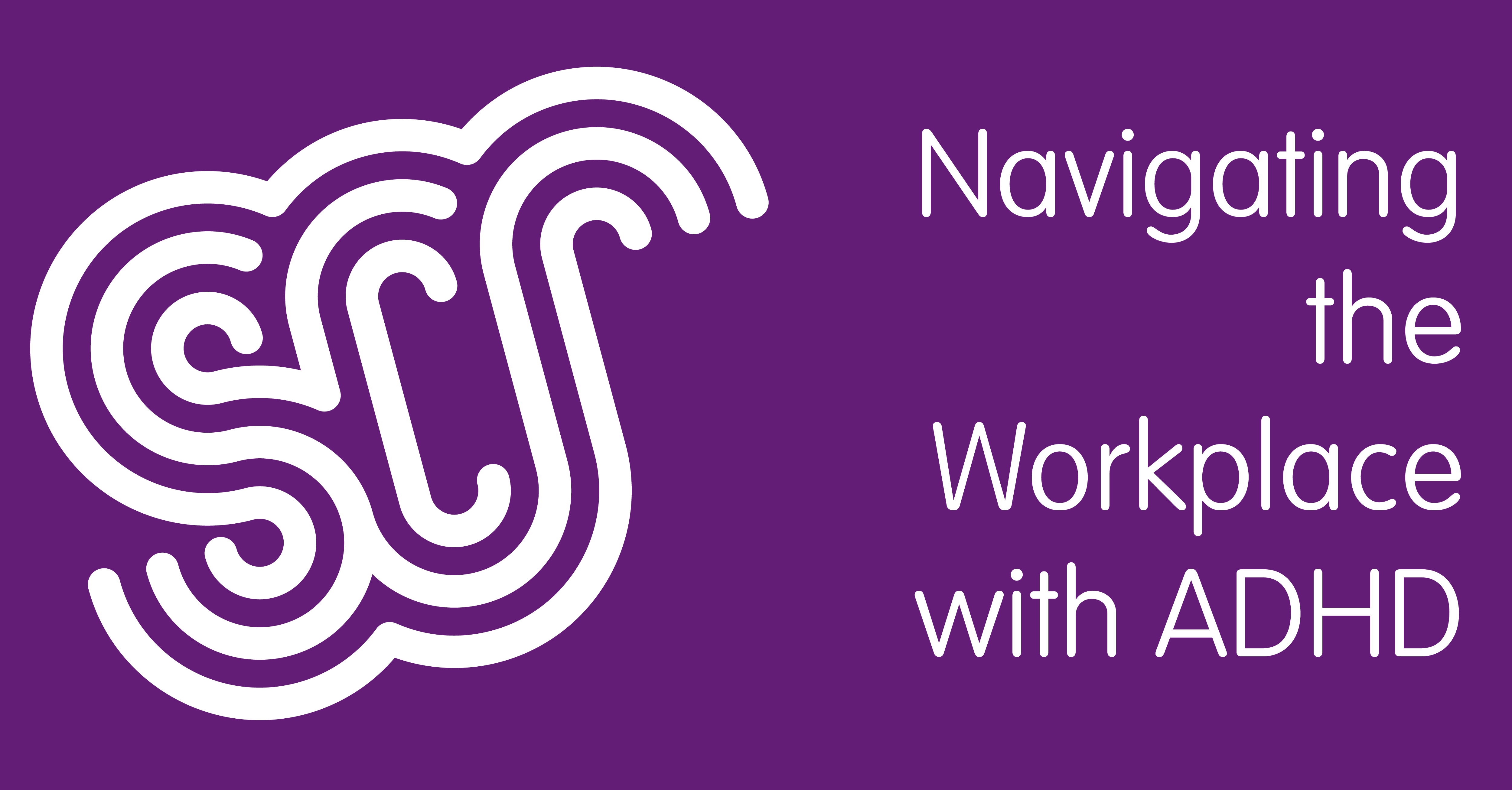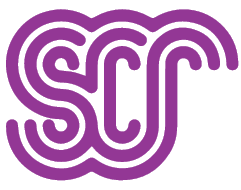
Navigating the Workplace with ADHD
Attention Deficit Hyperactivity Disorder (ADHD) is a neurodevelopmental condition that affects people of all ages, and it can have a significant impact on one’s professional life. ADHD can make it challenging to stay focused, stay organized, and manage time effectively, which are crucial skills in the workplace. However, with the right strategies and a supportive environment, individuals with ADHD can thrive in their careers. In this blog, we’ll explore the challenges faced by individuals with ADHD in the workplace and provide practical strategies for managing and even leveraging the unique strengths that often come with ADHD.
Understanding ADHD in the Workplace
ADHD is not a one-size-fits-all condition, and its impact can vary from person to person. In the workplace, common challenges experienced by individuals with ADHD include:
Difficulty with Focus: Difficulty concentrating on tasks, a tendency to get easily distracted, and struggling to sustain attention.
Time Management: Challenges in estimating the time needed for tasks, leading to procrastination or rushing through work.
Organization: Difficulty in keeping workspaces organized, managing priorities, and following through on projects.
Impulsivity: A tendency to act without thinking, which can lead to making hasty decisions.
Meeting Deadlines: Struggles to meet deadlines and manage time effectively.
While these challenges can seem daunting, it’s important to remember that individuals with ADHD often possess unique strengths, such as creativity, high energy levels, and the ability to think outside the box. Leveraging these strengths can help individuals succeed in their careers.
Strategies for Success
We had a conversation with one of our team members about their experiences managing ADHD in the workplace, and they shared some effective strategies they use to cope with their work-related challenges.
- Planning my breaks and ensuring I take them or setting reminders so I don’t forget
- When taking my breaks, leaving my desk to a more quiet area or going for a walk to help relieve any stress and help me to reset
- Speaking to my manager regularly about things I am struggling with to come up with things that may help
- Setting time frames to complete tasks by, which gives me motivation to start them as I am motivated by deadlines
- Set regular reminders so I don’t forget things I do
- Physically writing things down helps me to remember more so than typing
- Using different coloured pens/paper etc. can help the more mundane tasks be more exciting to me
- Creating a list as ticking things off helps me to feel motivated and gives me the feeling of achievement
- Making a list of things when they come to my mind, as not to distract me from my current task but in order to remember them
- Letting people know when I am feeling overstimulated and asking for help when I need it
- Contact Access to Work as the government can put things in place to support you such as a job coach or noise cancelling headphones – you do not need a diagnosis to get this support
If you want to get in touch with us you can Contact Us
